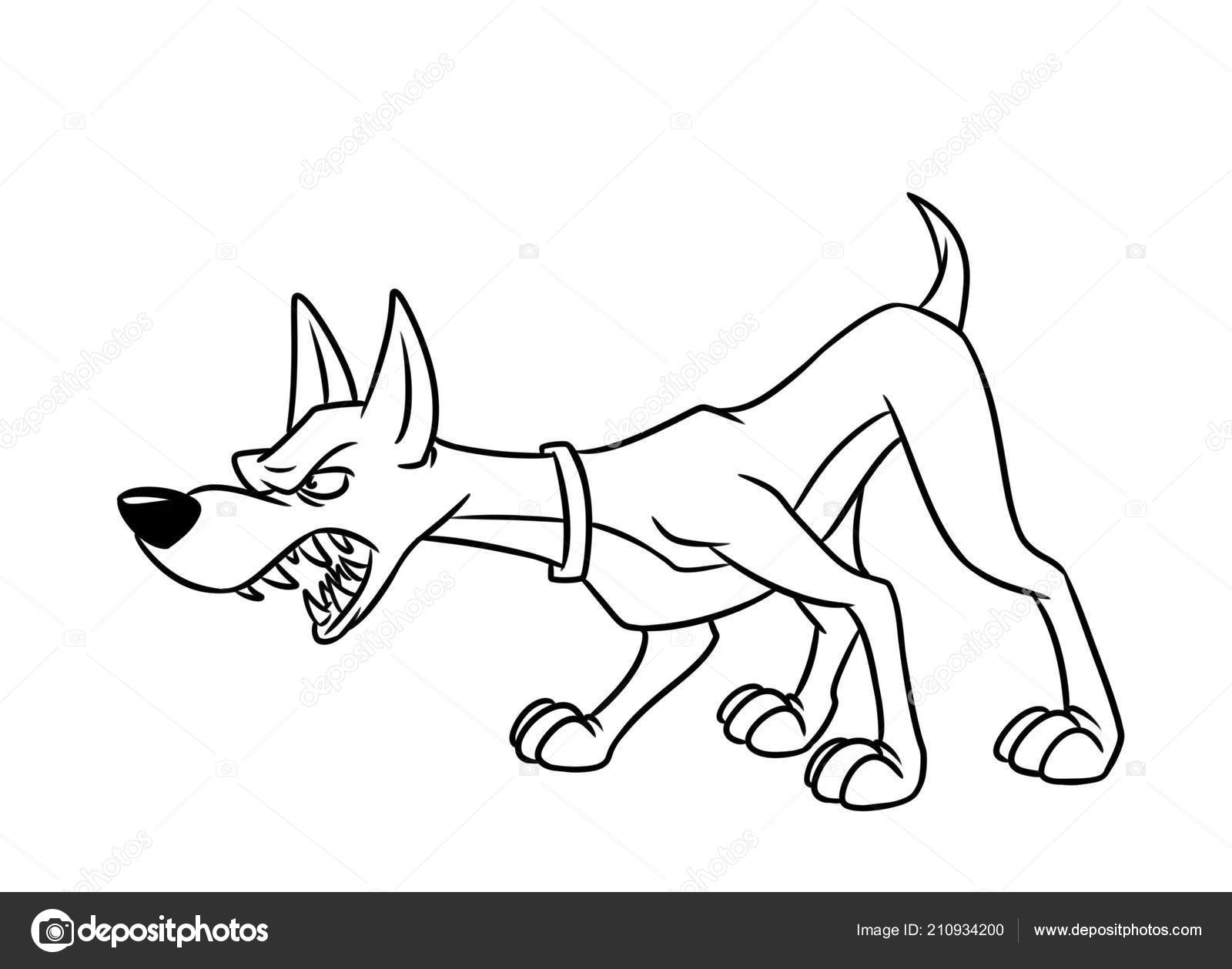Dichos del español con la palabra: muerte / 5 minutos de español -Sayings in Spanish with the world: muerte
 |
| Calavera no chilla |
See the Spanish version down
How are you doing? Good
morning, good afternoon or good night depending on where you are and the time
you hear us.
In these 5 minutes of
Spanish we are going to continue with the verb to die. Of course, let's
remember that it's November and it's the month of the Day of the Dead.
Death is present
in many sayings, some of which have a lot of irony but also a lot of popular
wisdom.
Muerto el perro, se
acabó la rabia - Dead dogs don't bite (literaly once the rabid dog is dead,
the danger of rabies is gone)
It is related to
cause and effect. If you end up with the cause of a problem, you end up with
its effects. This means taking drastic measures and eliminating a problem at
its root.""
"Muerto el perro, se acabó la rabia"
For example, you have a
brother-in-law of a friend who always comes to the meetings of the group of
friends but is very conflicting and radical in his opinions. He talks for
example about politics, (very original) but imposes his ideas and doesn't let
anyone speak. So what do you do? You don't invite him anymore, because
"when the dog is dead, the rabies is over".
How did this
saying come about?
It is due to the
disease known as rabies that is transmitted by the bite of an infected dog,
what is done? The dog is sacrificed to stop the contagion. "This is how
the saying is born: when a dog is dead, rabies is over.
2) "Better to die
standing up than to live on my knees" I'd rather die standing up than
to live on my knees or it is better to die on your feet than to live on your
knees
It is better to live
with dignity than to live in humiliation all the time.
Another with: “Más vale
…”
3) “Más vale que digan allí corrió que allí
murió” "They better say there he ran that there he died."
It is also a practical
saying, in life it is always good to know how to retire on time.
4) You know that in
Mexico you drink a lot of beer and there are very good Mexican beers, well when
you want this drink you say
" Se me antoja una bien muerta (it refers to very cold beer)"
I feel like a dead
one (meaning a really cold beer!).
Se me antoja, is a reflexive verb that means= I crave
5 "Hierba mala, nunca muere” "Weed,
never dies"
It's a bit of a
negative phrase, it applies to evil people who will always exist and will not
change.
6 - “El que a hierro mata, a
hierro muere”. “He who lives by the
sword, dies by the sword”.
The use of the
saying, like all sayings, has a softer sense and is somewhat ironic. For
example, if I tease a colleague
in a somewhat ironic way and then he teases me, he can say: "He who kills
by the sword dies by the sword.
7) A
person who is very poor, very poor, is said “no
tiene ni dónde caerse muerto” “no
place to drop dead”
For example: Pepe helps
his brother-in-law financially, the poor man has nowhere to drop dead.
8) And lastly, a Day of
the Dead but which is a great truth:
“En
este mundo matraca….de morir nadie se escapa”. In this crazy world, .... no one escapes death. Matraca is literaly
rattles.
It is true, but for now
you are listening to the 5 minutes of Spanish and making a good use of the
time, because this way you do not leave "dead times" in your day.
Thank you very
much for coming here in the Podcast and, what do you think about these sayings
with the word death?
How do you use the verb
die in your language?
How about writing
and telling us about it? Thank you very much for listening to this podcast. We
are waiting for you in our new site: SpanishUp2U with videos about food,
exercises, news, culture, craft videos and much more. Very soon you will be
able to associate with all the rights.
We also continue with
the program of 10 classes of the quarantine promotion and private classes.
And also in the
Friday conversation workshop.
Come on!
See you soon,
Bye-bye
En español
¿Qué tal? Buenos días, buenas tardes o buenas
noches según dónde estés y a la hora en la que nos escuches.
En estos 5 minutos de español vamos a
continuar con el verbo morir. Claro, recordemos que estamos en noviembre y es
el mes del Día de Muertos.
La muerte está presente en muchos dichos, algunos tienen mucha ironía pero
también, mucho de sabiduría popular.
Muerto el perro, se acabó la rabia - Dead dogs don´t bite (literaly once the rabid
dog is dead, the danger of rabies is gone)
Se relaciona con la causa- efecto. Si se termina con la causa
de un problema, finalizan con ella sus efectos. Esto significa tomar medidas
drásticas y eliminar un problema de raíz.
Por
ejemplo, tienes un cuñado de un amigo que siempre viene a las reuniones del
grupo de amigos pero es muy conflictivo y radical en sus opiniones. Habla por
ejemplo de política, (muy original) pero impone sus ideas y no deja hablar a
nadie. Entonces ¿qué haces? :no lo invitas más pues, “muerto el perro se acabó
la rabia”
¿Cómo nace este dicho?
Es debida a la enfermedad conocida como rabia que se
transmite por la mordedura de un perro infectado, ¿qué se hace? Se sacrifica al
perro para detener el contagio. “Así nace el dicho: muerto el perro se acabó la
rabia”
2) “Más vale morir de pie que vivir de rodillas” I'd rather die standing
up than live on my knees or it is better to die on your feet than to live on
your knees"
Es mejor vivir con dignidad
que vivir humillado todo el tiempo.
Otro con: Más vale
3) “Más vale que digan allí
corrió que allí murió” "They better say there he ran that there he died."
Es también un dicho
práctico, en la vida siempre es bueno saber retirarse a tiempo.
4) Ya saben que en México se
toma mucha cerveza y hay muy buenas cervezas mexicanas, bien cuando deseas esta
bebida dices:
“Se me antoja una bien muerta (se refiere a la cerveza bien fría)”
I feel like a dead one (meaning a really
cold beer!).
Se me
antoja, es un verbo reflexivo que significa=
I crave
5
"Hierba mala, nunca muere”
"Weed, never dies"
Es una frase un poco negativa, se aplica a las
personas malvadas que siempre van a existir y no van a cambiar.
6 - “El que a hierro mata, a hierro muere”. “He who lives by the sword, dies by the sword”.
El uso del dicho, como todos los dichos, tiene un sentido más
suave y algo irónico. Por ejemplo, si embromo a un compañero en forma un poco
irónica y después él me embroma a mí, me puede decir: “Quien a hierro mata, a
hierro muere”
7) Una persona
que es muy pobre, muy pobre, se dice que “no tiene ni
dónde caerse muerto” “no place to
drop dead”
Por ejemplo: Pepe ayuda económicamente a su cuñado, el pobre no
tiene ni dónde caerse muerto.
8) Y por último
uno de Día de Muertos pero que es una gran verdad:
“En este mundo matraca….de morir nadie se escapa”. In this crazy world, .... no one escapes death.
Matraca is literaly rattles.
Es
verdad, pero por ahora estás escuchando los 5 minutos de español y haciendo un
buen uso del tiempo, pues así no dejas “tiempos muertos” en tu día.
Muchas gracias por llegar hasta aquí en el
Podcast y, ¿qué te parecen estos dichos
con la palabra muerte?
¿Cómo
se usa el verbo morir en tu idioma?
¿Qué tal si nos escribes y nos lo cuentas? Muchas
gracias por escuchar este podcast. Te esperamos en nuestro nuevo sitio:
SpanishUp2U con videos sobre comida, ejercicios, noticias, cultura, videos de
artesanías y mucho más. Muy pronto vas a poder asociarte con todos los
derechos.
También
seguimos con el programa de 10 clases de la promoción cuarentena y de clases
privadas.
Y además en el taller de conversación de los
viernes.
¡Vamos
arriba!
Nos
vemos pronto,
Chau chau
Comentarios
Publicar un comentario